Montesquieu and the Spirit of Modernity (Oxford University Studies in the Enlightenment, 2002:09)
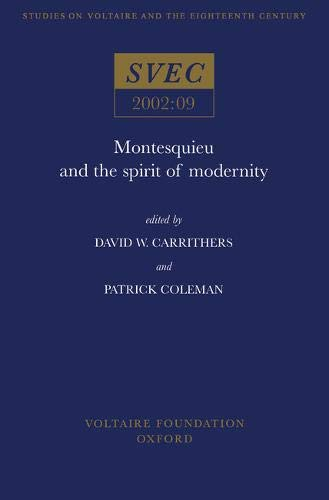
Summary
Crucial to an understanding of Montesquieu's work is the contrast he drew between ancient and modern mentalités . 'Les politiques grecs,' he wrote in his classic work De l'esprit des lois (1748), 'qui vivaient dans le gouvernement populaire, ne reconnaissaient d'autre force qui pût les soutenir
que celle de la vertu. Ceux d'aujourd'hui ne nous parlent que de manufactures, de commerce, de finances, de richesses et de luxe meme.' Ancient philosophers had conceptualised model regimes where human beings would flourish in accordance with their natural purposes and potentialities shaped by good
laws well obeyed. Such moderns as Montesquieu, on the other hand, ceased to regard the state as a school for morality. No longer concerned with improving man's soul, politics focused instead on the achievement of liberty, security and material prosperity. Clearly something novel and distinctive,
something recognisably 'modern', arose during the period from Machiavelli to Montesquieu. A teleological universe suffused with transcendent meaning and purposeful ends was supplanted by a more secular, 'disenchanted' world-view. Both the Christian conception of a life lived in humble devotion to
the moral commandments of revealed religion and the classical conception of a virtuous life devoted to ethical perfection were challenged by a new political realism stressing the dominance of the passions over reason and the constructive potential of self-interest. The authors of the eleven essays
comprising this volume explore the complex relations between Montesquieu and modernity and between Montesquieu and antiquity. Assessing the content of his three major works, they conclude that whereas the label 'modern' suits Montesquieu, he nonetheless retained certain philosophical approaches
characteristic of antiquity as well as a high regard for the primacy accorded to politics and philosophy in the classical era.
Similar Books
-
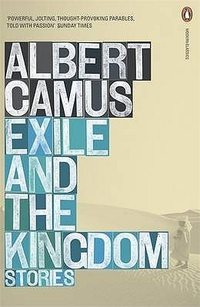 Exile and the Kingdom
Exile and the Kingdomby Albert Camus
-
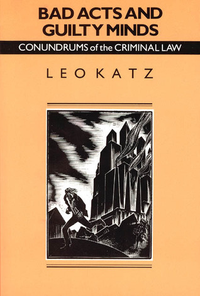
-
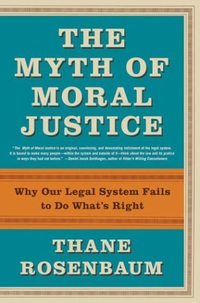 The Myth of Moral Justice: Why Our Legal System Fails to Do What's Right
The Myth of Moral Justice: Why Our Legal System Fails to Do What's Rightby Thane Rosenbaum
-
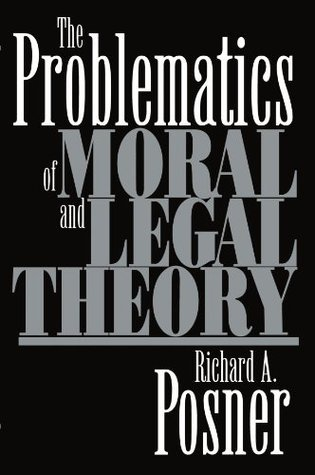 The Problematics of Moral and Legal Theory
The Problematics of Moral and Legal Theoryby Richard A. Posner
-
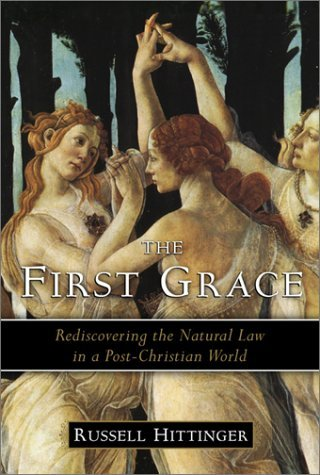 The First Grace: Rediscovering the Natural Law in the Post-Christian World
The First Grace: Rediscovering the Natural Law in the Post-Christian Worldby Russell Hittinger
-
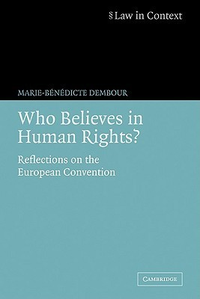 Who Believes in Human Rights?: Reflections on the European Convention
Who Believes in Human Rights?: Reflections on the European Conventionby Marie-Benedicte Dembour
-
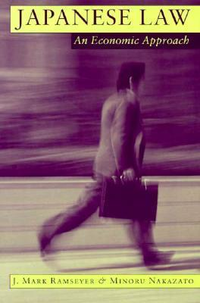 Japanese Law: An Economic Approach
Japanese Law: An Economic Approachby J. Mark Ramseyer
-
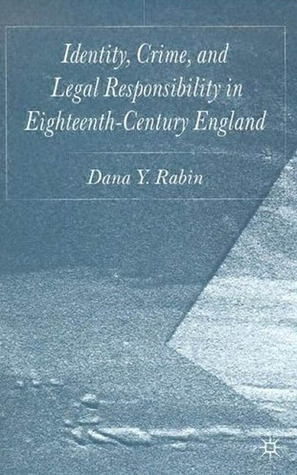
-
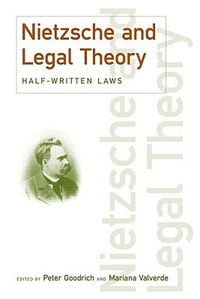 Nietzsche and Legal Theory
Nietzsche and Legal Theoryby Peter Goodrich
-
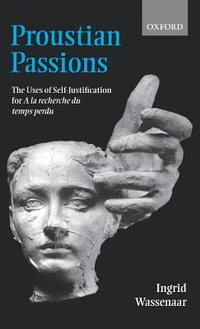
-
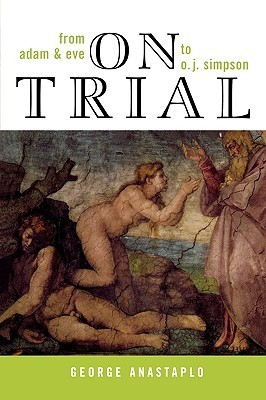 On Trial: From Adam & Eve to O. J. Simpson
On Trial: From Adam & Eve to O. J. Simpsonby George Anastaplo author of Abraham Lincoln: A Constitutional Biography
-
 Society and Nature: A Sociological Inquiry
Society and Nature: A Sociological Inquiryby Hans Kelsen
-
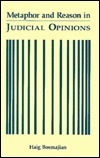 Metaphor and Reason in Judicial Opinions
Metaphor and Reason in Judicial Opinionsby Haig A. Bosmajian
-
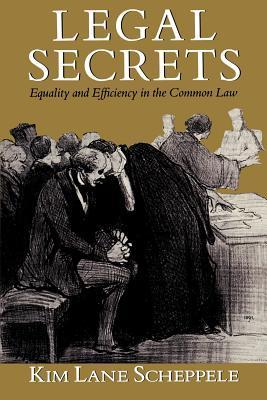 Legal Secrets: Equality and Efficiency in the Common Law
Legal Secrets: Equality and Efficiency in the Common Lawby Kim Lane Scheppele
-
 Charting Global Responsibilities
Charting Global Responsibilitiesby Kevin T. Jackson
-
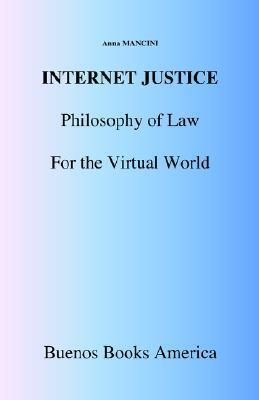 Internet Justice, Philosophy of Law for the Virtual World
Internet Justice, Philosophy of Law for the Virtual Worldby Anna Mancini
-
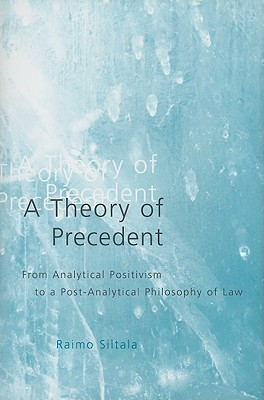
-
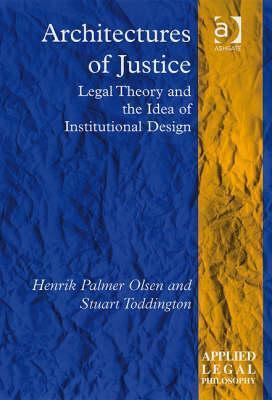 Architectures of Justice: Legal Theory and the Idea of Institutional Design
Architectures of Justice: Legal Theory and the Idea of Institutional Designby Henrik Palmer Olsen
-
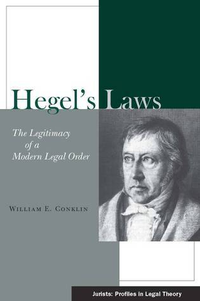 Hegel's Laws: The Legitimacy of a Modern Legal Order
Hegel's Laws: The Legitimacy of a Modern Legal Orderby William E. Conklin
-
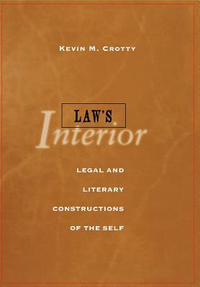 Law's Interior: Legal and Literary Constructions of the Self
Law's Interior: Legal and Literary Constructions of the Selfby Kevin M. Crotty
-
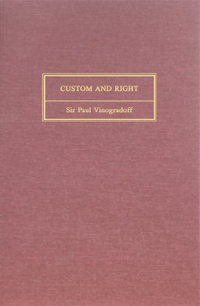 Custom and Right
Custom and Rightby Paul Vinogradoff
-
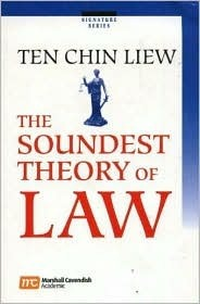 The Soundest Theory Of Law
The Soundest Theory Of Lawby C.L. Ten